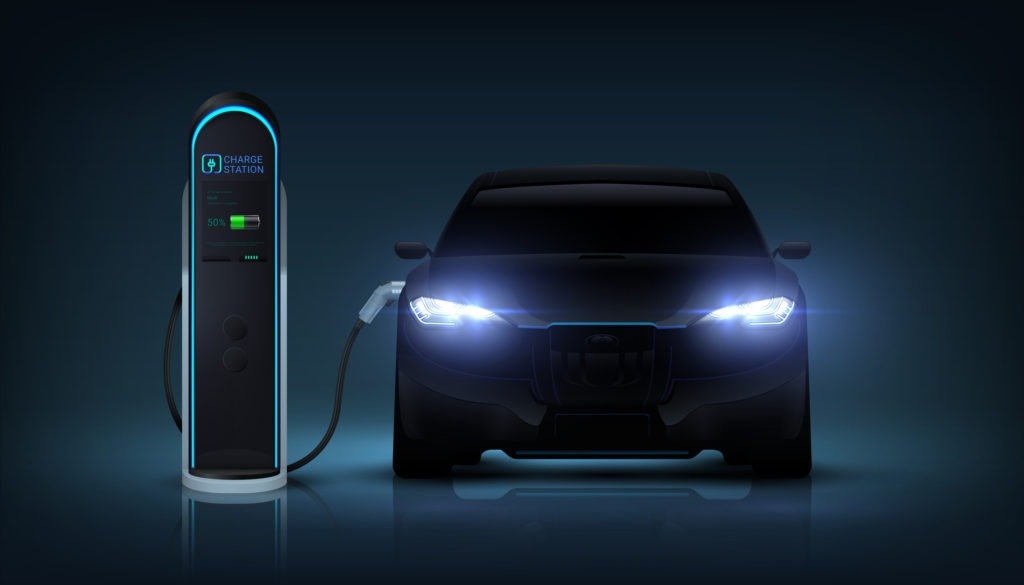

Why Electric Vehicles Haven’t Sparked in Kenya Yet
It’s true, electric cars (EVs) in Kenya are like shooting stars – rare and fleeting compared to the Western hemisphere, where they’re lighting up the automotive landscape. But why the discrepancy? In this discussion, we’ll explore the advantages of electric cars, why they are thriving in developed countries, and the challenges that currently hinder Kenyans from fully embracing this innovative technology.
Advantages of Electric Cars:
Electric vehicles offer numerous advantages, making them an attractive option in many developed nations. They are environmentally friendly, producing zero tailpipe emissions and contributing to reduced air pollution. Additionally, electric cars are cost-effective in the long run due to lower operating and maintenance costs, along with incentives provided by some governments.
Developed countries are at the forefront of the electric car revolution due to various factors. Stringent environmental regulations and a strong push towards sustainable practices drive the adoption of electric vehicles. Additionally, these countries often have well-established charging infrastructure and incentives, making EVs a practical and financially attractive choice for consumers.
The Kenyan Roadblocks
Cost:
EVs, especially new models, still carry a hefty price tag compared to petrol or diesel cars. For many Kenyans, that initial investment simply isn’t feasible. This high cost acts as a deterrent for many Kenyan consumers, who may opt for more affordable conventional vehicles.
Lack of Awareness:
Many Kenyans remain unaware of the benefits and advancements in electric vehicle technology, contributing to a general lack of interest. Dispelling myths and educating the public about the benefits and realities of electric driving is crucial to sparking wider adoption.
Charging:
Imagine running out of juice in the middle of nowhere, with no gas station in sight. That’s the fear for many, as Kenya’s charging infrastructure is still in its early stages. Limited charging stations, especially outside major cities, create range anxiety and hinder long-distance travel. Frequent power outages and an inconsistent power supply in some regions also raise concerns about the reliability of electric vehicles in the country
The Gradual Shift Towards Electric:
Despite these challenges, the global trend towards electric vehicles is undeniable. Kenyans are likely to gradually embrace electric cars as these obstacles are addressed. The government’s commitment to sustainable development and ongoing efforts to improve charging infrastructure will play a crucial role in the shift.
As Kenyans warm up to the idea of electric cars, several suitable options considering cost, reliability, and longevity are emerging:
Nissan Leaf: Known for its affordability, the Nissan Leaf is a popular choice globally and offers a balance between cost and features.
Tesla Model 3: While at a higher price point, the Tesla Model 3 is renowned for its impressive range, performance, and cutting-edge technology.
BYD e5: The BYD e5 is a cost-effective option with a focus on longevity, offering a practical choice for budget-conscious consumers.
In Conclusion:
The electric vehicle revolution is gradually making its way to Kenyan roads. As charging infrastructure expands, costs decrease, and awareness grows, Kenyans are likely to join the global shift towards electric cars. With a variety of affordable and reliable options becoming available, the future holds promise for a more sustainable and eco-friendly transportation landscape in Kenya.
Add a comment Cancel reply
Categories
- Car Gadgets (17)
- Car News (33)
- Car Reviews (43)
- Car Wars (7)
- Mechanicals (32)
- Uncategorized (2)
Recent Posts
About us

Popular Tags
Related posts


Volkswagen Beetle: The Most Successful Car Ever

Kia Sorento 2022 Review








